Friends of mine in Minneapolis were driving on Highway 35, talking about this and that, minding their own business, when – wham! A trailer carrying a boat slammed into their car.
The trailer had disconnected from the tow vehicle and darted across the median in a high-velocity trajectory that could have killed my friends had it not been a glancing blow. Though the shattering glass put them in the hospital, it could have been much worse.
It was an accident that shouldn’t have happened.
Safety tips for towing a trailer
One morning while driving to work I was thinking about this very topic and, right in front of me, I saw another towing accident. Someone towing his race car down Mesaba Ave. here in Duluth, Minn., caused a traffic jam when the stock car left the trailer and swept wildly into the midst of rush-hour traffic.
Again, it was an accident that shouldn’t have happened.
Whether it’s a boat, a house trailer or your trash to the dump, safely towing a trailer requires attention to detail.
Here are nine key points for safe trailer towing and long vehicle life
1) Know your weight limits
Make sure your trailer and whatever you’re hauling fall within the towing or hauling capacities of your vehicle. Check the owner’s manual to find the trailer types that your vehicle can haul and the maximum weight it can pull. Use the right trailer hitch and make sure it is hitched correctly.
2) Distribute weight evenly
If your trailer fishtails, back off the gas and see if it stops. If it continues when you accelerate again, check to see how the weight is distributed on the trailer. It may not be distributed evenly from side to side, or else it’s too far back to place sufficient load on the hitch ball.
Pro Tip: Try to carry 5-10 percent of the trailer load on the hitch. Redistribute the load as necessary before continuing.
3) Ensure the trailer lights work
Connect the brake and signal lights. Double check to make sure the trailer’s brakes, turn signals and tail lights are synchronized with the tow vehicle.
4) Properly inflate the tires
People I once knew suffered 17 tire blowouts while pulling a trailer from California to south Texas (true!). You’d think they would have figured out they had too much weight in the trailer.
In addition to staying within weight limits for your rig, be sure the tires are in good condition and properly inflated. Be sure to check your wheel bearings, too. An overheated bearing will sideline your rig as fast as a flat tire. Check out this video on bearing maintenance.
5) Know that your vehicle will handle differently
When towing, you’re operating a vehicle combination that’s longer and heavier than normal. Be sure to adjust your driving practices accordingly.
Backing up is tricky, but it’s a skill you can learn. Until you’re experienced, have someone direct you from outside in those tight spots or places where you have limited visibility.
Avoid sudden turns. I know – sounds obvious. But I was once the first person to an accident where someone decided at the last minute to take the exit instead of going straight. The car ended up upside down because the trailer had other ideas.
When it comes to towing accidents, don’t say, “It can’t happen to me.” Say instead, “It must not happen to me.”
6) Buckle your seat belt
In case your tow vehicle ends up upside down.
7) Trailer towing requires increased stopping distance
It’s a simple matter of physics. When towing, you have more momentum than you would without a trailer. Remember that stopping requires more time and distance. Avoid tailgating and pay attention to what’s happening a little farther down the road than you normally would.
8) Keep your head on a swivel
Maybe you forgot to fasten a chain, secure the hitch or tie down your payload properly. If you’re in a hurry to get home after a long trip, things like that can happen.
Once you’re on the road, frequently check your mirrors to make sure everything looks good back there. I know a boat owner whose yacht fell sideways on the highway halfway between Canada and Duluth, which is the middle of nowhere for those who’ve never been there. It turned out something wasn’t fastened properly.
9) Upgrade your transmission protection
Towing places enormous stress on a transmission. In fact, because of the intense heat, towing is probably the number-one killer of transmissions.
For this reason, the “towing package” on many trucks includes a transmission-oil cooler. It also helps to use a high-end synthetic lubricant. Synthetics reduce friction and provide better resistance to high heat, helping the tranny run cooler, shift confidently and last longer.
Shameless plug time: AMSOIL Signature Series Synthetic ATF handles heat so well, you can confidently double your vehicle manufacturer’s severe-service drain interval in passenger cars and light trucks.
Stay safe out there!
Updated: Originally published March 27, 2018.
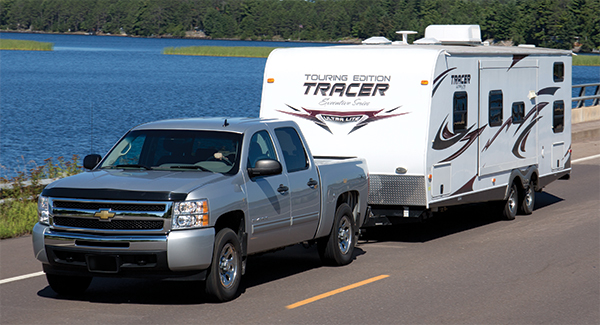
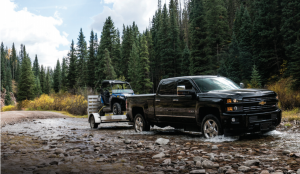
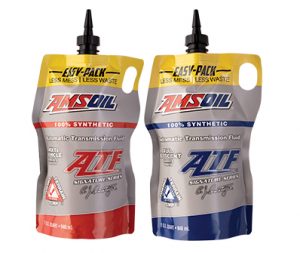
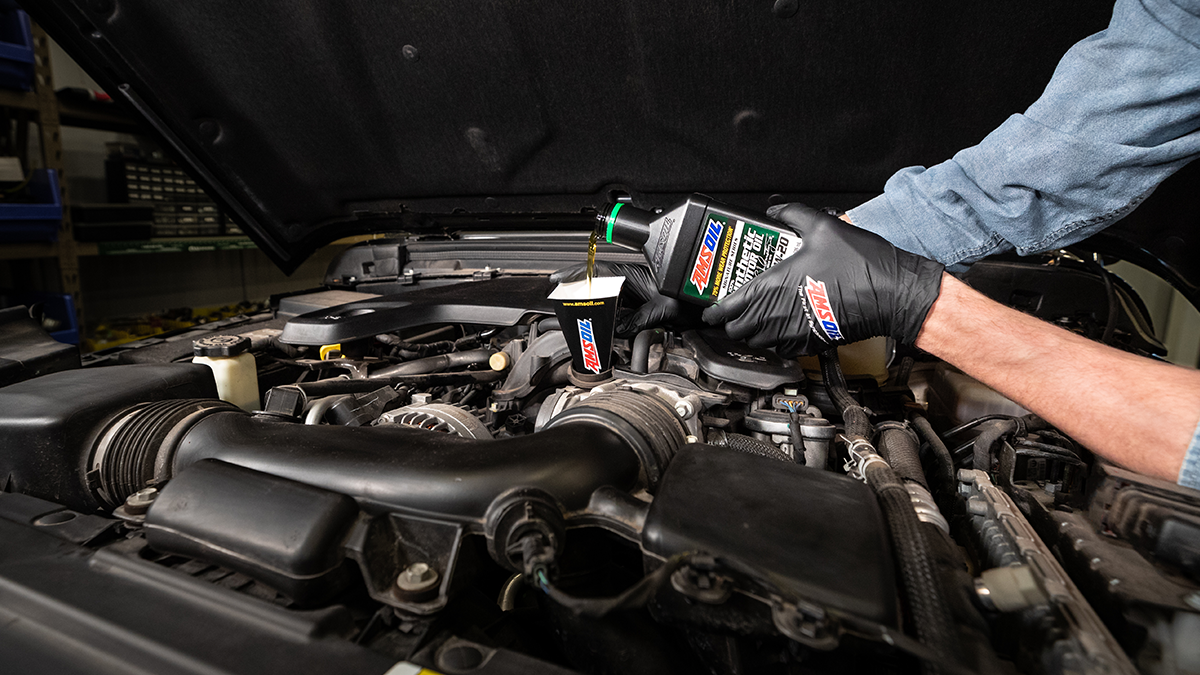
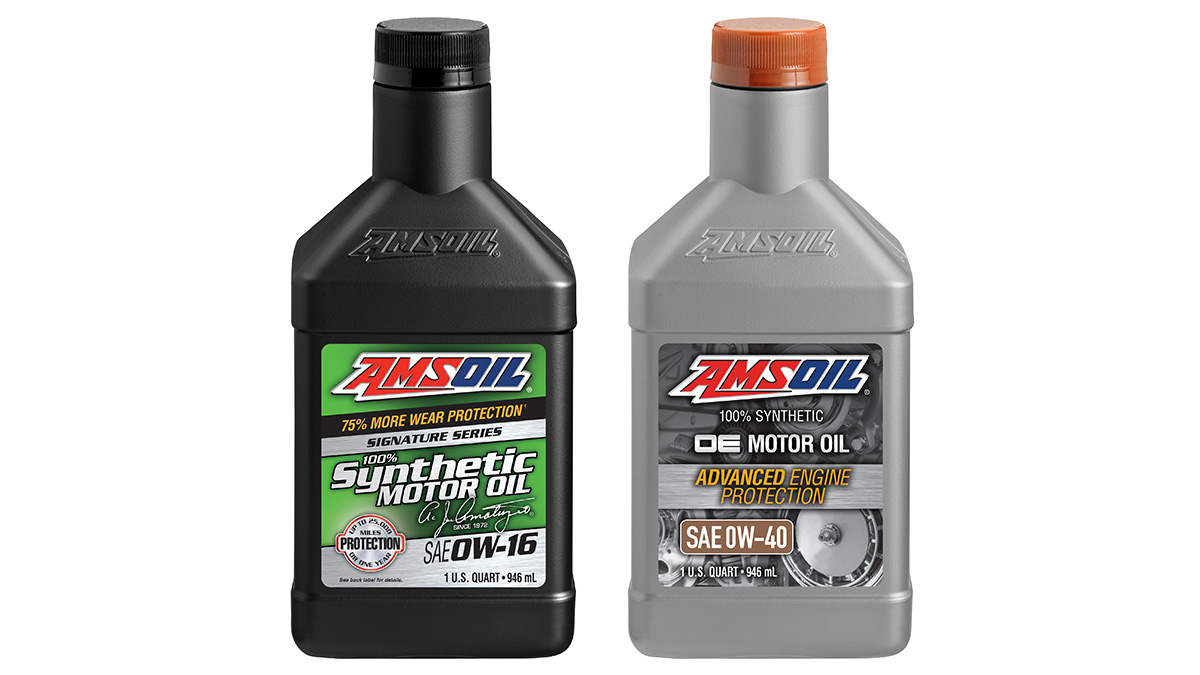
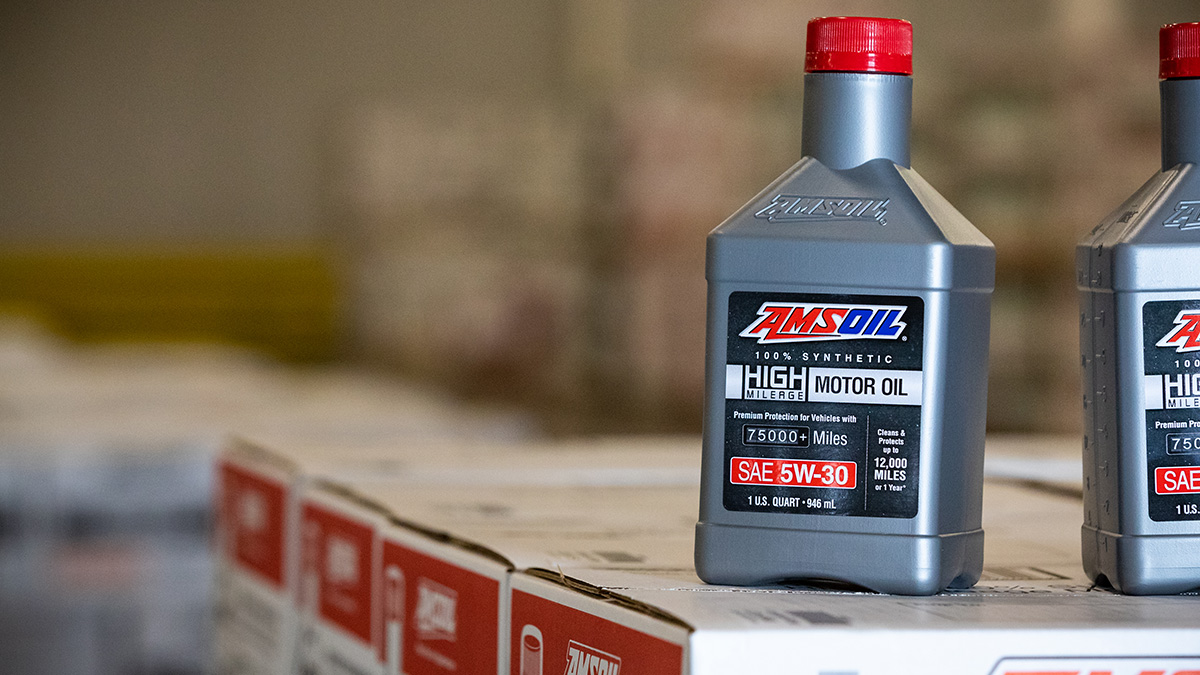
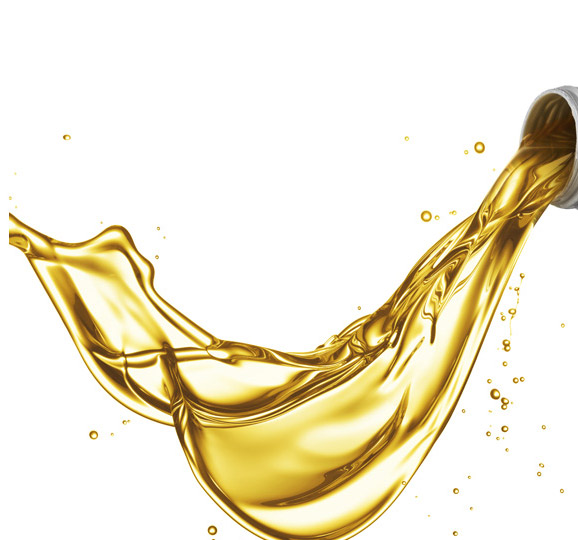
Comments
Share: